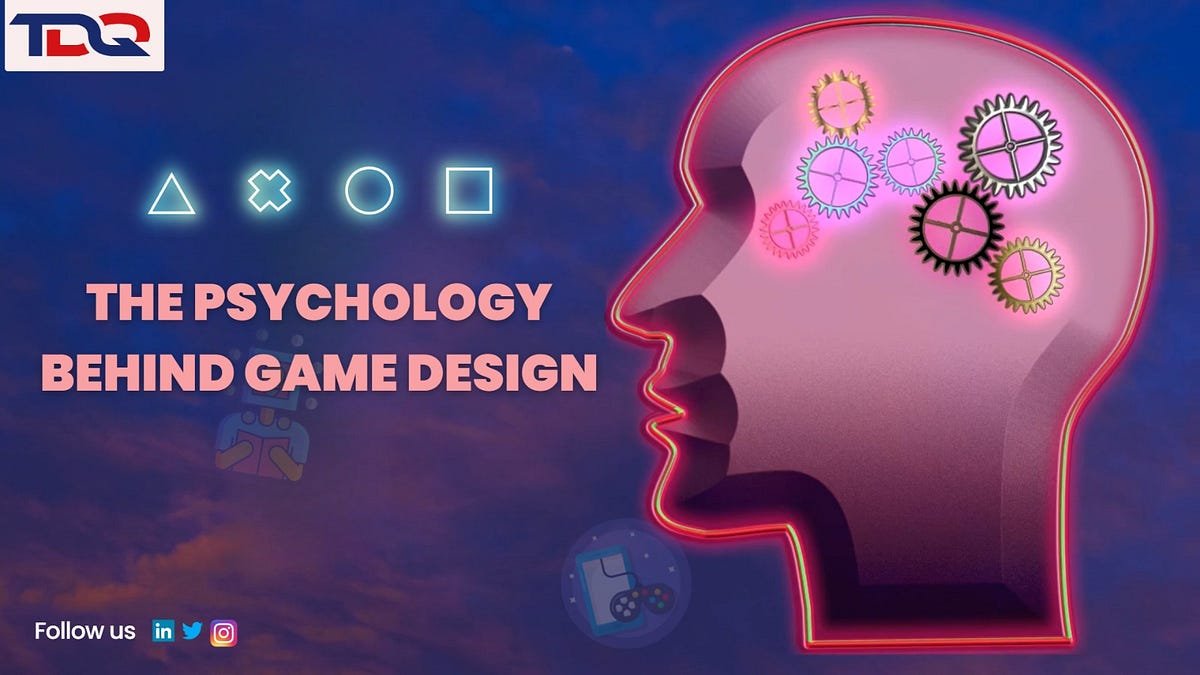The Appeal of Achievement
One of the primary reasons people are drawn to video games is the pursuit of achievement. Games often present challenges that players can overcome, leading to a sense of accomplishment. This sense of progress and success taps into our intrinsic motivation. Completing levels, earning rewards, and achieving high scores satisfy our need for accomplishment and validation. The Psychology Behind Video Games
The Role of Escapism
Video games offer an escape from reality. They provide a virtual space where players can explore new worlds and live out fantasies. This escapism is particularly appealing to those seeking a break from everyday stress or routine. Immersive environments and engaging narratives allow players to temporarily disconnect from their real-life challenges.
Social Connections
Social interaction is another key factor in why people play video games. Many games offer multiplayer modes or online communities where players can connect with others. This social aspect fulfills our need for companionship and collaboration. Games like World of Warcraft and Among Us highlight how gaming can strengthen social bonds and create friendships.
The Thrill of Competition
Competition drives many players to engage with video games. The challenge of competing against others or oneself can be exhilarating. Whether through high scores, player-versus-player modes, or esports tournaments, the competitive element adds excitement and motivation. This thrill of competition taps into our desire for mastery and recognition.
Exploration and Curiosity
Video games often satisfy our curiosity and desire for exploration. Open-world games like The Legend of Zelda: Breath of the Wild and Minecraft offer vast environments to discover. The freedom to explore and uncover hidden secrets engages our sense of adventure and wonder. This exploration can be both intellectually stimulating and emotionally rewarding.
Storytelling and Immersion
The narrative and immersive aspects of video games play a significant role in why we play. Well-crafted stories and rich worlds draw players in, allowing them to become emotionally invested. Games like The Last of Us and Red Dead Redemption 2 offer compelling narratives that resonate with players. Immersive experiences make us feel connected to the characters and worlds we explore.
Cognitive Benefits
Playing video games can also provide cognitive benefits. Many games require strategic thinking, problem-solving, and quick decision-making. These mental challenges can improve cognitive skills and keep the brain active. Puzzle games like Tetris and strategy games like Civilization offer opportunities for mental stimulation and growth.
The Reward System
Video games are designed to tap into our brain’s reward system. Rewards, such as points, achievements, and in-game items, activate the brain’s pleasure centers. This constant feedback loop encourages continued play and engagement. The anticipation of rewards and the satisfaction of receiving them drive our motivation to keep playing.
Stress Relief and Relaxation
For many, video games serve as a form of stress relief. Engaging in a game can be a way to unwind and relax. Games that offer calming experiences, such as simulation or puzzle games, provide a soothing escape from daily pressures. This relaxation helps balance our mental and emotional well-being.
Personal Expression
Video games also allow for personal expression. Many games let players customize characters, create content, or influence the game world. This creative freedom enables players to express their individuality and preferences. Games like The Sims and Animal Crossing offer platforms for personal creativity and self-expression.
Conclusion
The psychology behind why we play video games is multifaceted. From the pursuit of achievement and escapism to social connections and cognitive benefits, video games address various psychological needs and desires. Understanding these motivations helps explain why gaming is such a compelling and widespread form of entertainment. As video games continue to evolve, they will likely offer even more ways to engage with and understand our own psychological drives.


